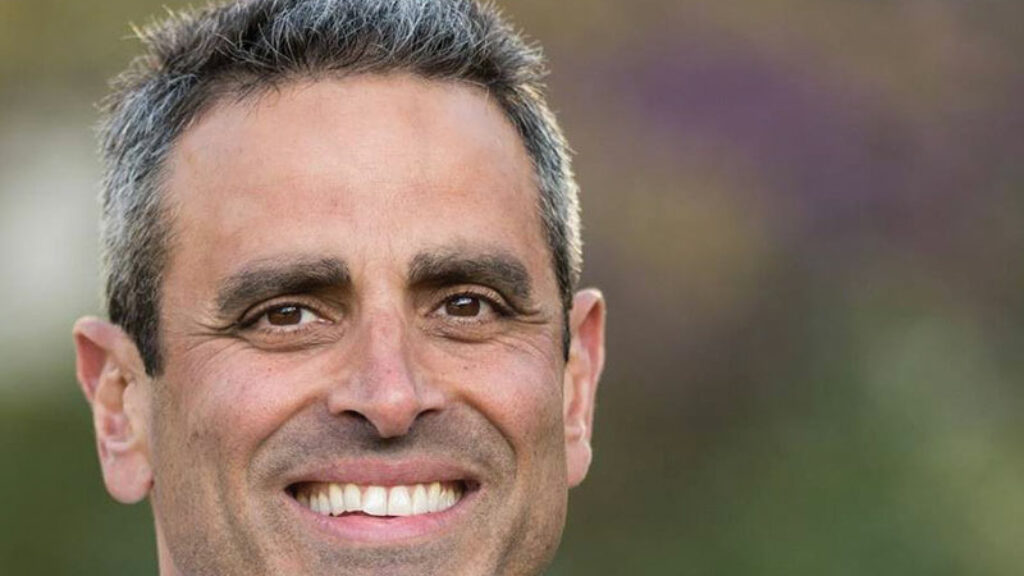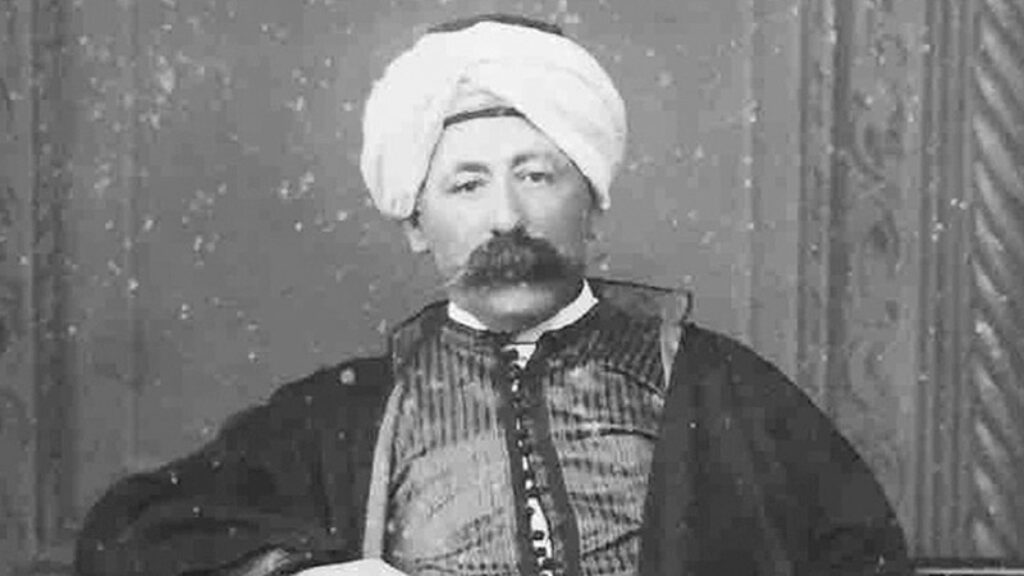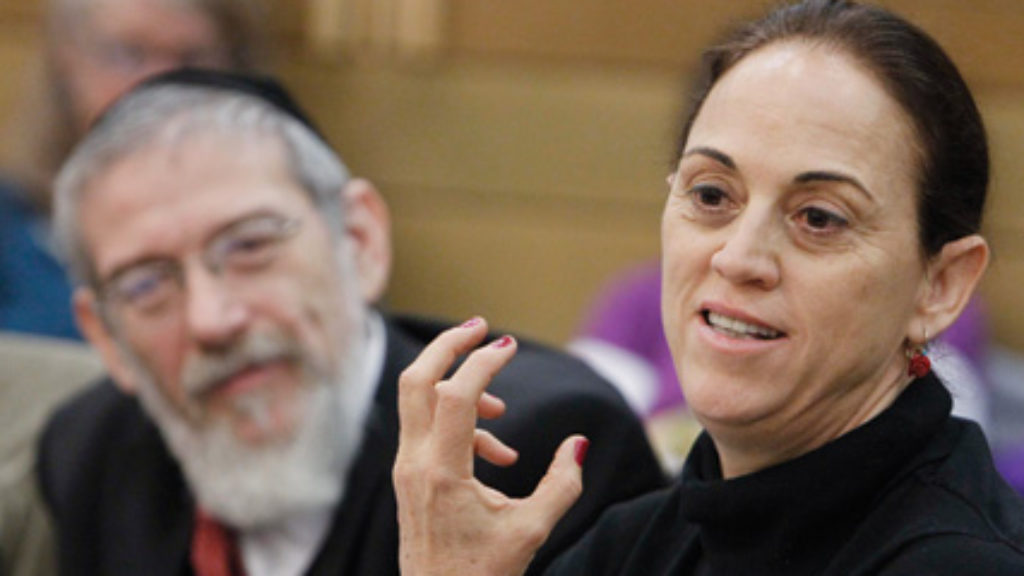Shouts and Roars for the Finalists
In the past year, Jewish Review of Books has reviewed three of the five books that were named finalists for the prestigious Sami Rohr Prize for Jewish Literature. Here are the five, with links to our reviews:
- Sara Yael Hirshhorn, City on a Hilltop: American Jews and the Israeli Settler Movement
- Ilana Kurshan, If All the Seas Were Ink: A Memoir
- Yair Mintzker, The Many Deaths of Jew Süss: The Notorious Trial and Execution of an Eighteenth-Century Court Jew
- Shari Rabin, Jews on the Frontier: Religion and Mobility in Nineteenth-Century America
- Chanan Tigay, The Lost Book of Moses: The Hunt for the World’s Oldest Bible
We also published a fascinating piece by Shari Rabin on a Civil War Seder.
Mazal tov to all the finalists!
Awarded by the Jewish Book Council, the Sami Rohr Prize is designed to honor “emerging writers who explore the Jewish experience and demonstrate the potential for continued contribution to Jewish literature.” The winner, to be announced in July, will receive $100,000. (Second place wins $18,000 and the other finalists will be awarded $5,000 each.) All will be celebrated in a ceremony to take place this summer in Jerusalem. This year, the prize will be awarded to a non-fiction book. In alternate years, a work of fiction wins the prize.
Suggested Reading

Exit, Loyalty … Crowdsource?
It is a bit of a surprise to open a big-think policy book on the fate of the Jewish people and read a Jason Bourne scene with a prep-school payoff, but Tal Keinan is entitled to it.
Prague Summer: The Altneuschul, Pan Am, and Herbert Marcuse
A mysterious memoir of planes, Marx, and minyans.

The (Railroad) Baron
How the man who built the Orient Express lost track of his legacy.

Something Was Missing
When it was time for new MK Ruth Calderon to speak to Knesset for the first time, she told a Talmudic story and created a YouTube sensation. Her book has now been translated.
Comments
You must log in to comment Log In